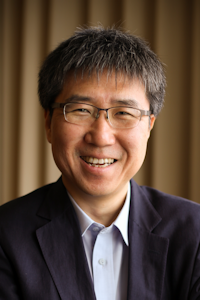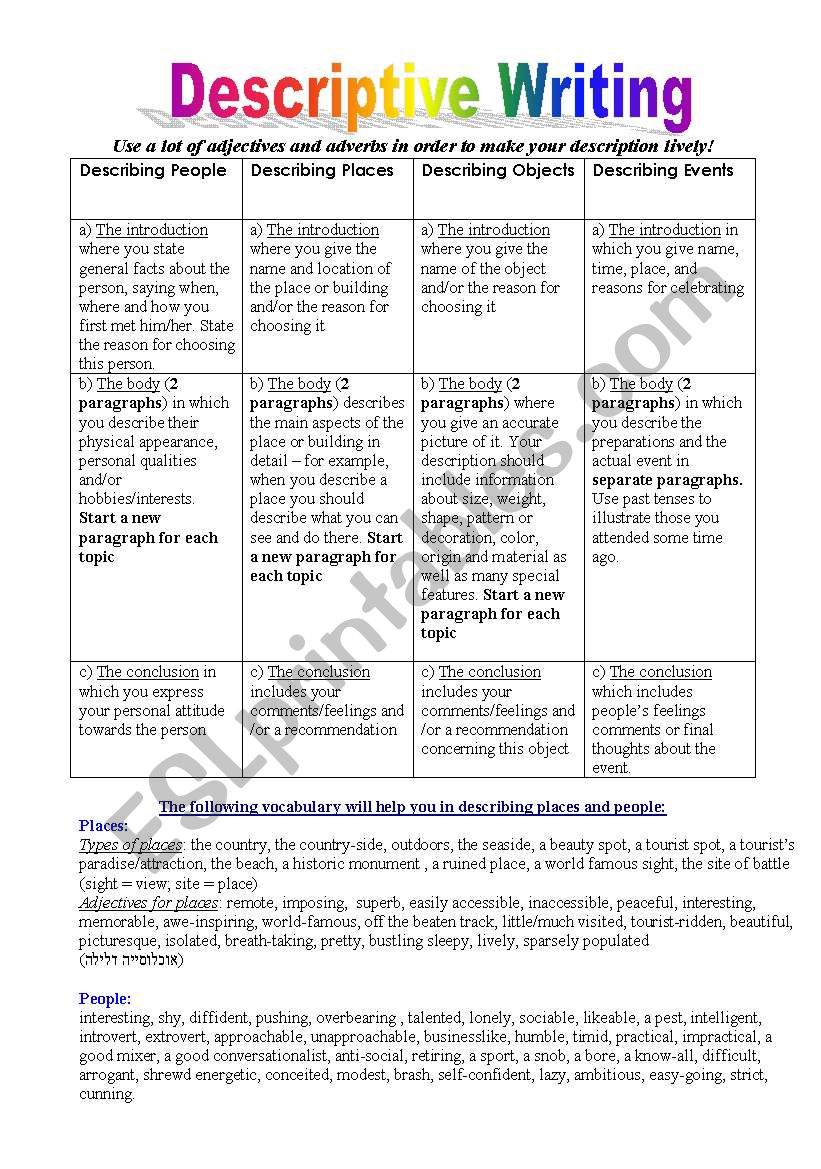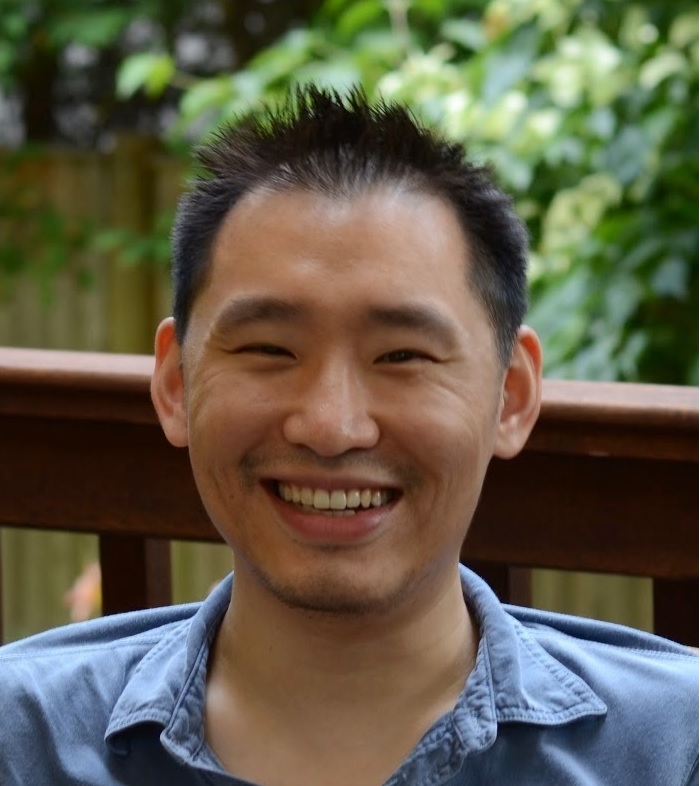Phenomenology and Healthier Organismic Self Free Essays.
Edmund Husserl 1859-1939 (Full name Edmund Gustav Albrecht Husserl) German philosopher. Husserl was the founder of phenomenology, a philosophical method that seeks certainty about the existence of.
The focus of this essay is neither Husserl’s comments about religion and religious experience, nor his philosophical theology, which may be gleaned especially from the writings of James G. Hart. (5) Rather, without attributing my analysis to Husserl, the essay starts to explicate phenomenologically the possibility of religious experience of God. Phenomenology mediates between personal.

Browse over four thousand texts concerning Husserl, including all Husserliana volumes, other editions of Husserl's works, books about Husserl and Husserlian phenomenology, and scholarly essays. Study and discuss key concepts from Husserlian phenomenology--zeit, raum, noema, reduktion, etc.

Husserl ’ s phenomenology has much to say about the experience of the self and the manner in which time-consciousness is constituted. But he also recognizes that the truly human life is lived.

Characteristically for Husserlian phenomenology, whatever we can legitimately say about the self is closely paralleled by an account of the data and workings of self-awareness. On the one hand, Husserl speaks about the self (“the monad”) as the experienced totality of one’s life.

It is commonly believed that Edmund Husserl (1859-1938), well known as the founder of phenomenology and as the teacher of Heidegger, was unable to free himself from the framework of a classical metaphysics of subjectivity. Supposedly, he never abandoned the view that the world and the Other are constituted by a pure transcendental subject, and his thinking in consequence remains Cartesian.

I believe that Husserl is a philosopher who succeeded in elucidating - for the first time in the history of philosophy - one of the three fundamental enigmas of philosophy, the 'enigma of cogni-tion'. Looking first into this aspect of his philosophy is, I believe, the best way to understand the essence of Husserl's take on phenomenology.

This volume brings together essays by leading phenomenologists and Husserl scholars in which they engage with the legacy of Edmund Husserl’s philosophy. It is a broad anthology addressing many major topics in phenomenology and philosophy in general.

This volume brings together essays by leading phenomenologists and Husserl scholars in which they engage with the legacy of Edmund Husserl’s philosophy. It is a broad anthology addressing many major topics in phenomenology and philosophy in general, including articles on phenomenological method.

Immanence, Self-Experience, and Transcendence in Edmund Husserl, Edith Stein, and Karl Jaspers Dermot Moran Abstract. Phenomenology, understood as a philosophy of immanence, has had an ambiguous, uneasy relationship with transcendence, with the wholly other, with the numinous. If phenomenology restricts its evidence to givenness and to.

Rather, these different kinds of self-consciousness are to be distinguished from the pre-reflective self-consciousness which is present whenever I am living through or undergoing an experience, e.g., whenever I am consciously perceiving the world, remembering a past event, imagining a future event, thinking an occurrent thought, or feeling sad or happy, thirsty or in pain, and so forth.

Phenomenology is the philosophical thought that focuses on the structure of subjective human consciousness. This philosophical movement was founded by Edmund Husserl who “wants to describe our experiences as they are given from a first person perspective” (Zahavi, 2003, p.13). Husserl describes the conception of reality in 3 parts.

A Brief Survey of the Phenomenology of Husserl and Heidegger Introduction In general terms, phenomenology is a philosophy of experience. It attempts to understand how meaning is made in human experience, and it sees our lived experience of the world as the foundation of meaning.



